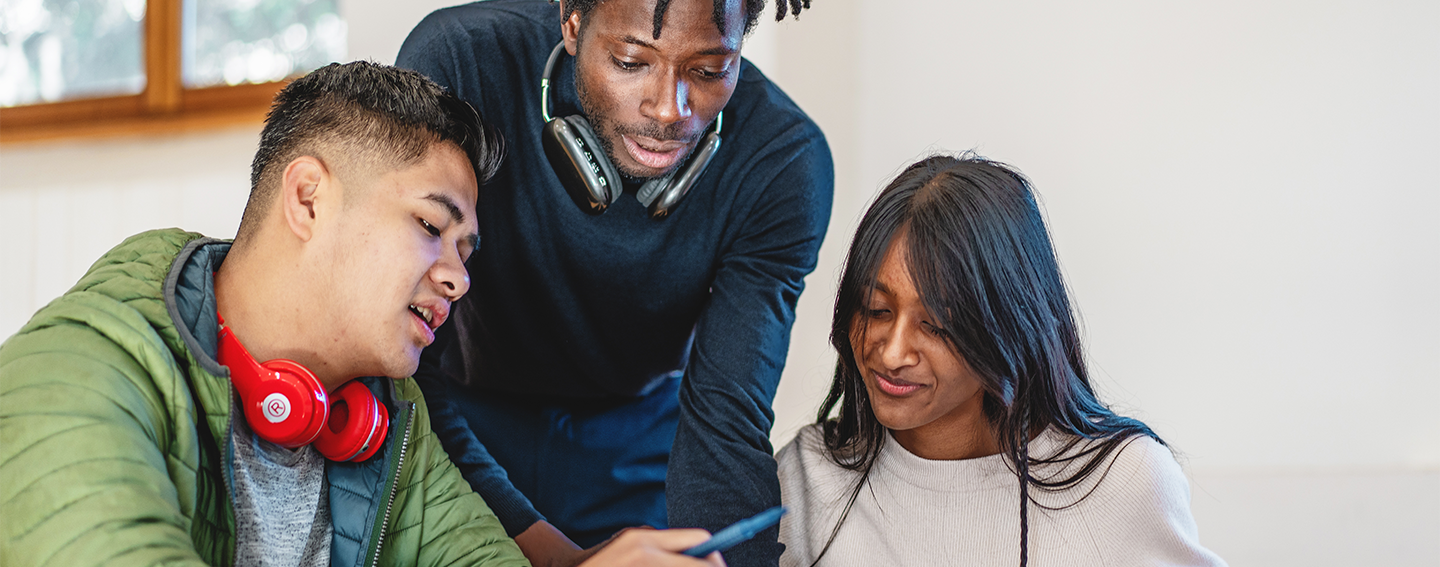
Mental health concerns among college students are at an all-time high, with 81% of those experiencing significant symptoms facing barriers to care. Traditional counseling alone is not meeting the demand, leaving institutions searching for scalable, student-centered solutions.
In this new report, WGU Labs explores the potential of peer-led mental health support as a complement, not a replacement, to traditional counseling. Drawing from a pilot with Peers.net by Flourish Labs, we examine how online peer connections can reduce stigma, increase access, and strengthen students’ sense of belonging.
Key Insights
- Students use peer support as often as counseling — and return for more. Despite limited outreach, students engaged with peer supporters at nearly the same rate as traditional counseling, with many becoming repeat users.
- Over 85% of students said peer support was beneficial. Students turned to peer supporters for empathy, accountability, well-being strategies, and academic support, and reported reduced stress and improved focus.
- Integration matters. Students valued peer support most when providers came from their own communities, underscoring the importance of recruiting peers who reflect the target population.
- A bridge, not a replacement. While peer support cannot meet all clinical needs, it can introduce students to help, reduce stigma, and ease the path into traditional counseling.
- Technology can help or hurt. Students reported that technical challenges in accessing services limited engagement, signaling the importance of usability in scaling support.
Why It Matters
Peer support is more than a wellness intervention it’s an academic success strategy. By expanding mental health services to include peer-led options, higher education institutions can:
- Improve students’ sense of belonging and trust in their institution.
- Provide flexible, affordable, and accessible support options.
- Encourage students to seek additional care when needed, boosting retention and long-term success
Explore how peer connection can transform student mental health and belonging, and discover practical strategies for colleges and universities looking to meet students where they are.





